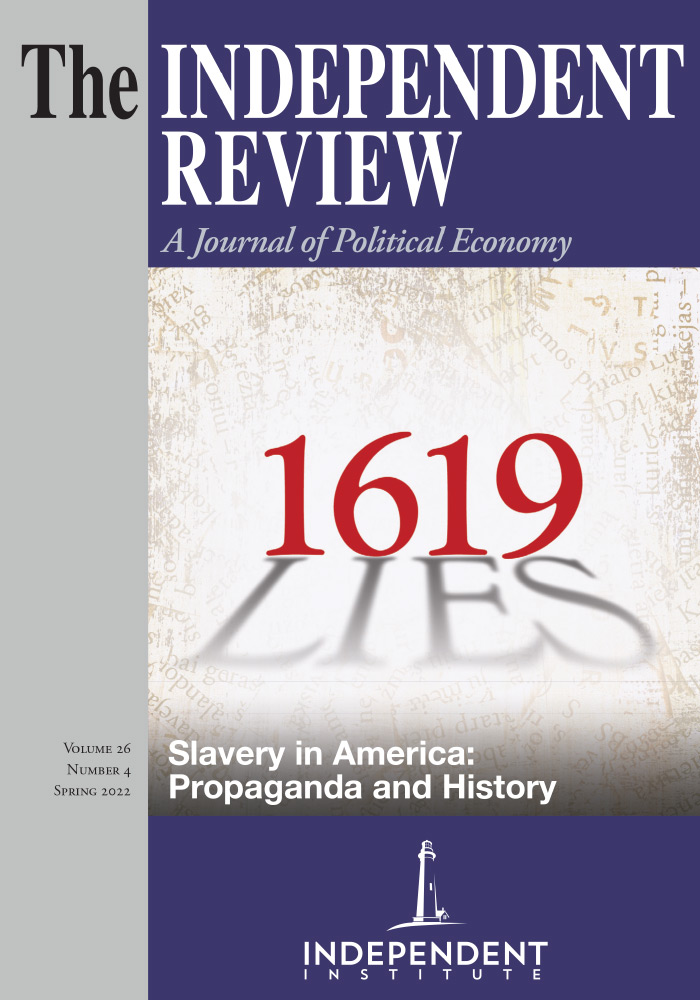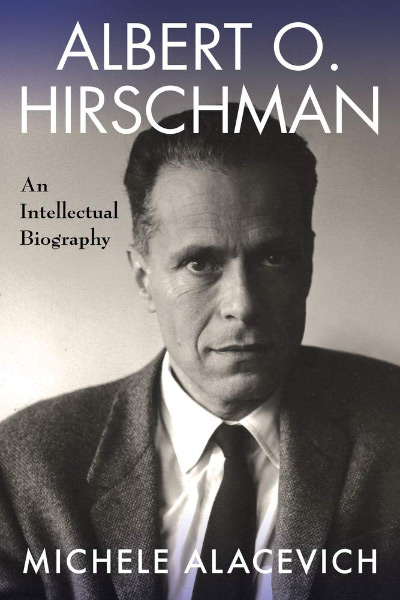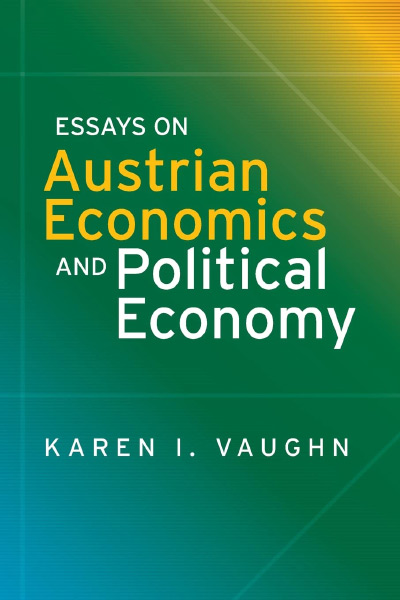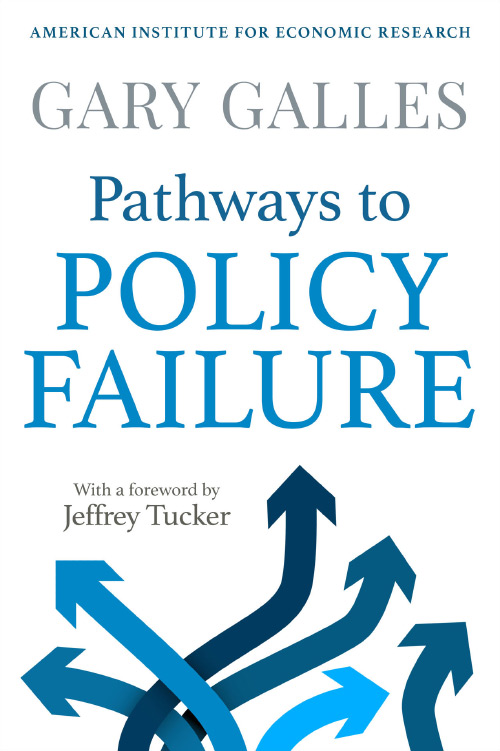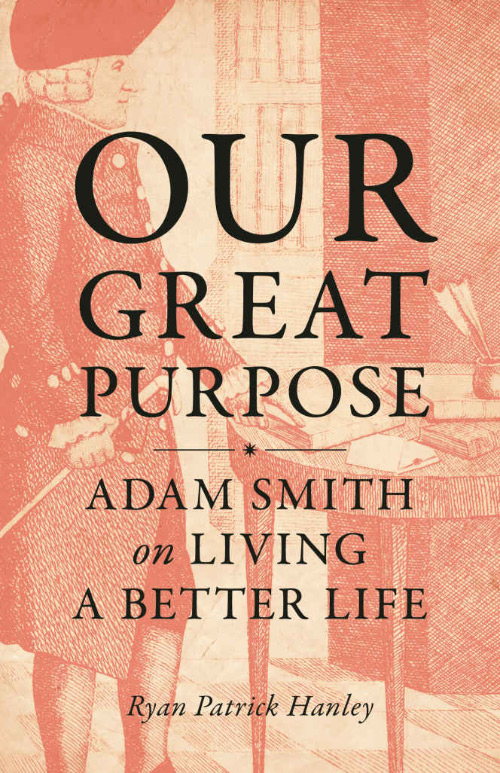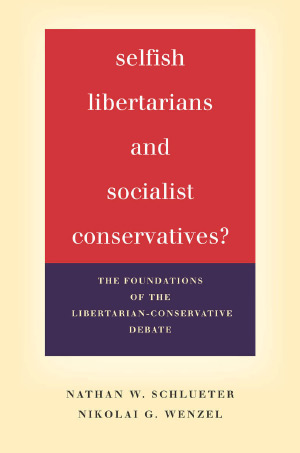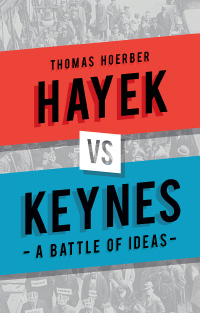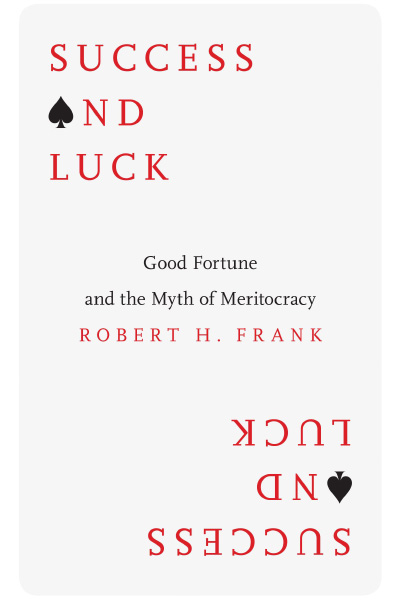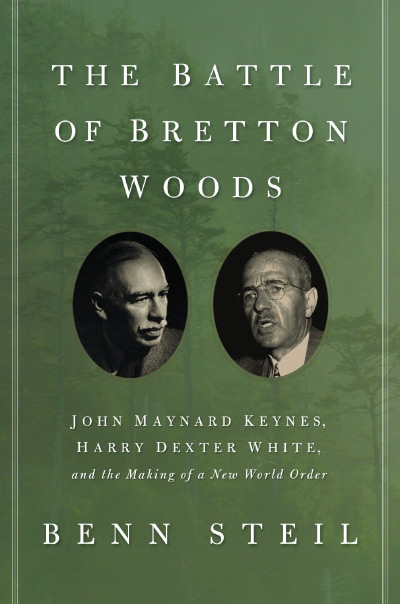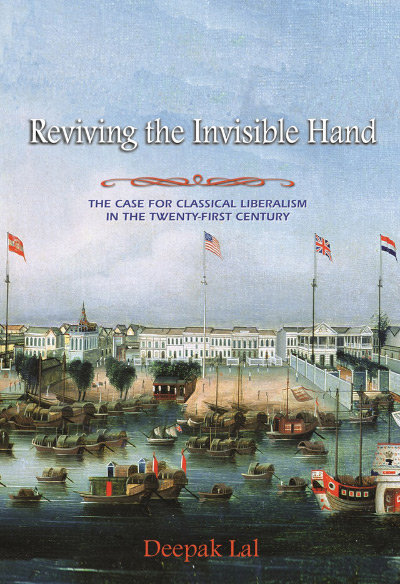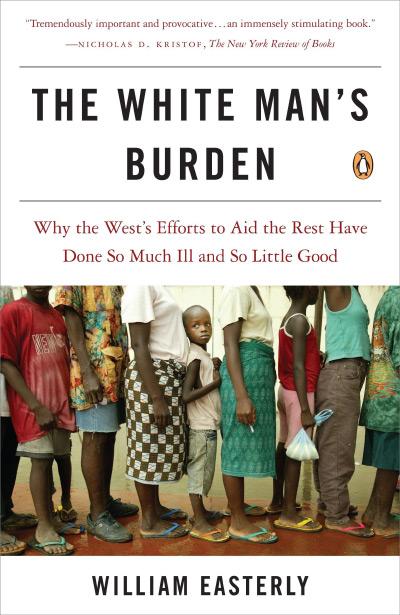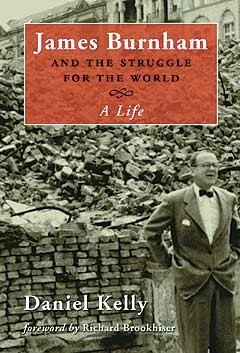Albert Hirschman (1915–2012) was the noneconomists’ favorite economist. That title might have gone to John Kenneth Galbraith for intellectuals in the 1950s and 1960s, but since the 1970s Hirschman has worn the crown. He was the establishment intelligentsia’s sort of hero. He spent his formative years as an empirically grounded observer and adviser in the field of development economics. He had a left-wing youth of activism and courage fighting fascism in Europe—a left-wing youth that he never renounced but did quietly abandon once he was in the United States. His work was filled with wide-ranging reflections and sprinkled with philosophy and literature in multiple languages. Thus, it always appeared to be civilized, polite, and passionate yet checked. He was erudite and urbane. The perfect mix to stand in opposition to the free-market counterrevolution of Ludwig von Mises, Friedrich Hayek, and Milton Friedman as well as to the methodological revolution of microfoundations and economic imperialism. Hirschman was the economist that historians, philosophers, political scientists, and sociologists could trust.
It must be admitted that Hirschman had uncommon talents—reflected in the felicity of his pen and his ability to credibly address in a sophisticated and nuanced way complicated questions in easily digestible books of less than two hundred pages. It is his books, more than his essays, let alone his research papers, that influenced. According to Google Scholar, Exit, Voice, and Loyalty (1970), for example, has been cited close to thirty thousand times, whereas his top journal articles, such as “Rival Interpretations of Market Society” (1982) and “The Political Economy of Import-Substituting Industrialization” (1968) are cited slightly more than one thousand times. The Passions and the Interests (1977) is his second-most-cited work at more than six thousand citations.
Hirschman’s uncommon talents were matched with uncommon experiences. Born in 1915 to an affluent Jewish family, Hirschman started his studies in Germany and was part of the antifascist resistance. He migrated to Paris, studied at the Sorbonne, and then visited the London School of Economics to study with Hayek and Lionel Robbins while also learning about the revolutionary ideas of the Keynesians and the market socialism of Oskar Lange and Abba Lerner. He then went to Italy, where he finished his graduate studies at the University of Trieste. He fought in the Spanish Civil War and then worked to help European artists and intellectuals escape Nazi capture. He was a Rockefeller Foundation Fellow at the University of California at Berkeley and then joined the U.S. Army in the Office of Strategic Services. After World War II, he worked as an adviser to the National Planning Board of Colombia and then worked as a private consultant in Bogot . He traveled the world as an economic- development expert. He was an eyewitness to and in fact lived an extraordinary life of political, economic, and cultural turmoil all before the age of forty. These experiences enabled him to have a treasure trove of on-the-ground observations to draw on to illustrate his points.
But Hirschman was also the benefactor of uncommon opportunity. Starting in 1956, his academic appointments were at Yale, Columbia, Harvard, and the Institute for Advanced Study (IAS). He also spent a year at the Center for Advanced Study in the Behavioral Sciences. He spent his academic life as an elite intellectual working with other elite academics at the elite institutions. His erudition, sophistication, and wit served him well. He was not a model builder in a profession of model building. He was not a statistician in a world where numbers mattered. He was a storyteller. He no doubt had demonstrated model building and mastery of statistical techniques earlier in his career, but his true mastery was in storytelling. And his stories, whether they were analytical stories or intellectual histories, had themes that readers could latch on to. The play between exit and voice in political and economic processes is one such example, but so would be the play between the passions and the interests in seventeenth- and eighteenth-century political thought.
There are two reasons I referred earlier to Hirschman as the “noneconomists’ favorite economist.” First, as a matter of historical fact, Hirschman exiled himself in the intellectual wilderness of disciplinary trespassing as the “high-development theory” he helped to explicate gave way to more refined models and statistical tests in the 1960s and 1970s. He was an advocate of government activism to break out of the low-growth equilibrium path, and in building that argument he formed his ideas of linkages in development and the idea of promoting key sectors to fix the disequilibrium that was preventing growth and thus to eventually get back to balanced growth. Modernization should breed modernization, but sometimes because of blocks it doesn’t. Formal economic theory was focused on tightly specified models, but Hirschman believed this was a false precision and that the relevant ideas couldn’t be so easily specified. So he distanced himself from the discipline, even while maintaining a central place in the sociology of the discipline—a very neat trick if you can pull it off. Neither Hayek nor James Buchanan nor Elinor Ostrom could accomplish this—they all broke with the scientific establishment and then clawed their way back in through force of argument.
The other reason for the reference is that Hirschman often criticized other economists methodologically, analytically, and ideologically. He stood in strong opposition to methodological individualism and rational choice; he had great disdain for economic imperialism; and, finally, he objected vigorously to what he deemed “market fundamentalism” and what today we would call “neoliberalism.” He was against intransigence and perceived dogma. Thus, he never passed on an opportunity to make a snide remark about free-market iconic figures such as Mises, Hayek, and Friedman or to express his disagreement with public-choice theory, law and economics, rational-choice theory in general, and economic imperialism in particular. Hirschman accused fellow economists of a narrow conception of the human being as an atomistic and asocial hyperrational being and of ignoring or denying even the existence of collective action. These criticisms resonated with others in the social sciences and humanities, who felt intellectually bullied and disrespected by economists invading their domain. Outside of Hirschman’s circle at Harvard and IAS, though, such views didn’t compute. There seemed common ground between public-choice and modern political economists and Hirschman, but he rejected their overtures—as his biographer Michele Alacevich quotes Mancur Olson saying at one point, “[T]he ideological gap was too wide to bridge” (p. 169).
All this said, there should be little doubt among readers of The Independent Review that Albert Hirschman is a scholar worth spending your energies wrestling with. Back in 1992, I applied to spend the upcoming academic year either at the Hoover Institution or the Institute for Advanced Study at Princeton. I was invited to attend a seminar at IAS to be delivered by Hirschman—his essay “Industrialization and Its Discontents.” It was a masterpiece of a lecture, and he marshaled life histories and literatures that ranged across the globe to make his points. It remains to this day one of the top-five lectures in economics I have ever personally attended. Alas, I did not get the IAS fellowship, and so with the Hoover fellowship instead I spent the next academic year in Palo Alto rather than Princeton. One of the other top-five lectures I attended was, ironically, given by Gary Becker at Stanford that following fall, shortly after he was awarded the Nobel Prize. He also delivered a masterpiece of a lecture and communicated the beautiful logic of economic reasoning and the marshaling of evidence. The contrast between the two lectures perfectly illustrates what I have been trying to get across—Becker’s talk would please any economist; Hirschman’s talk would please a historian, a political philosopher, or a literary scholar. Wouldn’t it be great if we could forge a science of society that would conjoin rather than divide the logical structure of economic reasoning with the broad understanding of the human condition? I personally think we do have that in the work of classical political economists from Adam Smith to J. S. Mill, of modern political economists such as Frank Knight, Mises, Hayek, and Buchanan, as well as of contemporary scholars such as Deirdre McCloskey. These individuals are analytically astute storytellers, not merely charming and witty ones who can quote many languages and appeal to the tacit sensibilities of the intellectual establishment. But there is always resistance to this work because it constitutes a frontal critical engagement with the tacit presuppositions of the progressive elites. Hirschman, in contrast, gave the progressive elite creative license to make society in their image.
For example, think how welcoming Hirschman’s Rhetoric of Reaction (1991) was received by the establishment so that economic criticisms of the Keynesian consensus in the 1970s and the ever-expanding social democratic system in the 1980s could be dismissed by identifying them as merely argumentative tropes of perversity, futility, and jeopardy. Gleeful was the establishment’s response, grateful they were for the justification for dismissal rather than for serious engagement with “conservative” critics of expanding not only the scale of government but its scope in the economy and society. Yet Hirschman himself clearly understood the problem of unintended consequences, and he understood that individuals face systematic incentives and that there could be informational limitations and bottlenecks in the feedback loops. His work in development economics had discussed these issues at various points. Even his earliest work in the field of economics hints that he also understood microfoundations and the problems of excessive aggregation.
In Albert O. Hirschman: An Intellectual Biography, Michele Alacevich plays into all the points I have made. Let me state clearly that I highly recommend the book. Jeremy Adelman’s Worldly Philosophy: The Odyssey of Albert O. Hirschman (2013) is the definitive biography, but it is also borderline hagiographic and clearly the work of an intimate friend. Alacevich’s book is more a proper intellectual history. It is full of discussion of the historical context for Hirschman’s intellectual development and the reception of his various works. It is not archival per se but more a textual examination of the arguments provided. But it is also written by a political scientist very sympathetic to Hirschman’s worldview, and so it basically ignores the contending perspectives. Gary Becker makes an appearance in the text and references, but James Buchanan does not. None of Milton Friedman’s work is cited. Mancur Olson and Gordon Tullock do get brief mentions, but only to have their concerns dismissed. What is most striking is that Alacevich’s discussion of development economics is not peppered with any discussion of the work of P. T. Bauer, who was writing at the same time as Hirschman, or of later writers who would rediscover aspects of Bauer’s work and make their own widely recognized contributions to the field highly critical of the development-planning model—including William Easterly in works such as The Elusive Quest for Growth (2001), The White Man’s Burden (2006), and The Tyranny of Experts (2014) as well as Angus Deaton in The Great Escape (2013). Nowhere in Alacevich’s book is there any general recognition of the collapse of development planning in the 1990s—the arrival of the “Age of Milton Friedman” (as Andrei Shleifer dubbed it)—which resulted in less than 10 percent of the world’s population living in extreme poverty for the first time in human history around 2015. In fact, no numbers are presented to wrestle with any of the empirical claims. As Deirdre McCloskey likes to stress, you cannot answer empirical questions philosophically. Alacevich, in presenting the power of Hirschman, does so repeatedly. No unemployment figures, no inflation rates, no trends in gross domestic product, no humandevelopment index, no economic freedom scores, nothing that could easily be found in recent books such as Hans Rosling’s Factfulness: Ten Reasons We’re Wrong about the World—and Why Things Are Better Than You Think (2018) or the earlier presentation about human progress by Steven Pinker in The Better Angels of Our Nature: Why Violence Has Declined (2012). In short, there is no intellectual horse race that Alacevich lets run on economic, political, and social progress as it relates to market liberalization.
Alacevich, however, gives us something readers should value—a clear road map through Hirschman’s writings and their legacy. In accomplishing this task, Alacevich’s skills shine. He has great command over Hirschman’s work, how his arguments evolved, and the reception of his work by his colleagues outside of economics. He also is capable of pinpointing tensions in Hirschman’s work. For example, in discussing The Rhetoric of Reaction, he recognizes that Hirschman, in his attempt to overcome what he viewed as strident and dogmatic views of market fundamentalism, may have in fact succumbed to ridiculing and debasing the legitimacy of his intellectual adversaries rather than engaging them. Hirschman’s witty banter this time did not fully mask his displeasure. Later, to his credit, Hirschman would turn this same rhetorical point on progressives, and his notion of self-subversion emerges as a critical attitude for scholars to check themselves lest they succumb completely to the echo chamber in which they operate. And, keeping with my theme, Hirschman certainly did not keep the company of economists exclusively—he was too widely read, too worldly, too multidisciplinary for that to be the case. Economics was not his touchstone; perhaps social psychology was. Alacevich quotes him as saying that “all the complications flow from a single source—the incredible complexity of human nature which was disregarded by traditional theory for very good reasons, but which must be spoon-fed back into the traditional findings for the sake of greater realism” (qtd. on p. 264). Individuals, Hirschman argues, are fallible but capable decision makers negotiating the inner tensions between egotism and altruism, self-interest and civic-mindedness, moral first principles and instrumental consequentialism. He sees these behavioral propensities as factors that must be reincorporated into our study of economic processes. Standard theory, in his mind, is incapable, but scientific advance requires that theory be modified to account for such propensities.
That point is, of course, a claim that isn’t as unique to Hirschman as he believed (or as Alacevich believes). Hayek had been making that argument since the 1930s, as had Mises before him and Buchanan after him. But Hirschman (and others) proceeded as if the arguments that emerged from these thinkers were arguments grounded in hyperrationality, asocial behavior, an institutionally antiseptic environment, and thus a perfectly competitive market consisting of full and complete information and zero transaction costs. As Buchanan himself once said, however, surely that assumption would be nonsensical social science! Alas, this dialogue was not engaged in during Hirschman’s lifetime, and it is not being engaged in today.
My favorite chapters in Alacevich’s book are the fifth and sixth ones, dealing with Exit, Voice, and Loyalty and then The Passions and the Interests. I believe these two books are also Hirschman’s most important works and the ones we can learn the most from. Alacevich does a great job summarizing the main argument of each book, how that argument evolved in Hirschman’s journey, why it evolved in that particular time and place, what the reception of these works was at the time they were published, and what their enduring legacy is. Hirschman in his lifetime was the noneconomists’ favorite economist, but perhaps the next generation can take these ideas, work with them on their own terms, bring them into the shifting language of discourse in economics and the social sciences, and fulfill their promise for the study of the polity, the economy, and the society. Despite my reservations about Hirschman’s own formulation and understanding, the reality is that the puzzles he saw are timeless and that his observations of the human condition in struggling with those puzzles are profound. We would be silly not to learn from him. So we should read Alacevich, read the originals, and learn from Albert O. Hirschman, and in doing so may we see farther and clearer than even he did.
| Other Independent Review articles by Peter J. Boettke | ||
| Fall 2023 | Don Lavoie: The Failures of Socialist Central Planning | |
| Winter 2022/23 | Mont Pèlerin 1947: Transcripts of the Founding Meeting of the Mont Pèlerin Society | |
| Summer 2022 | Academic Entrepreneurship in Sometimes Hostile Environments: James Buchanan and the Virginia School of Political Economy | |
| [View All (13)] | ||

